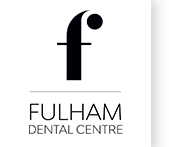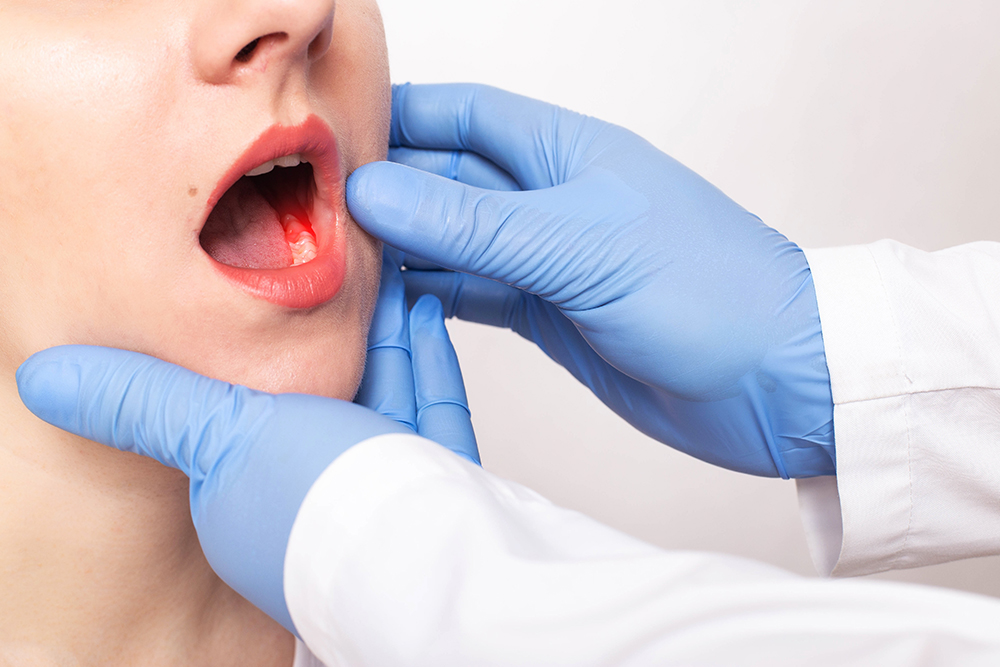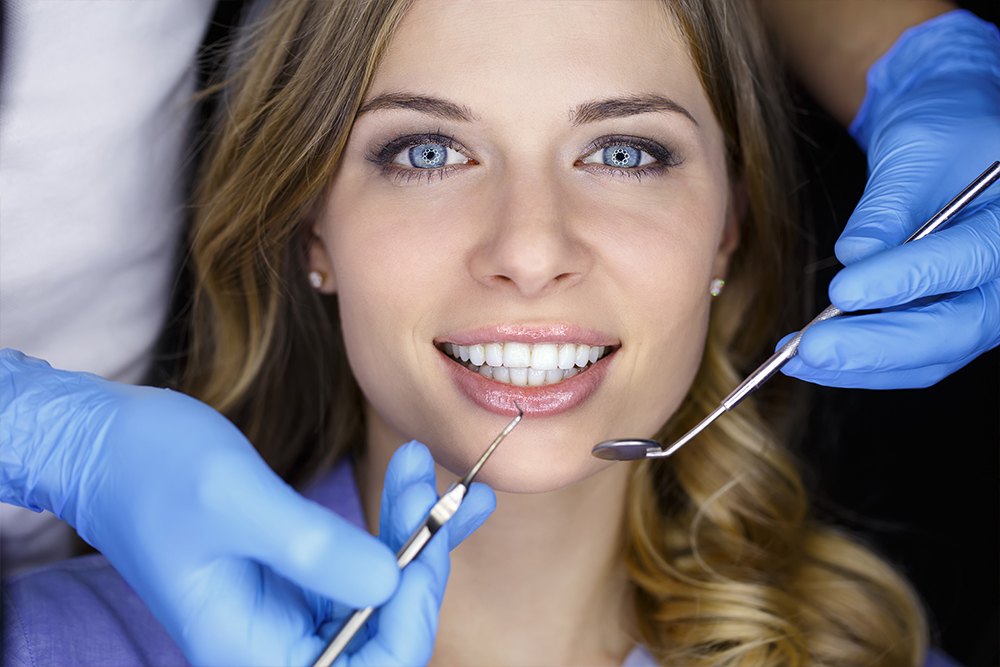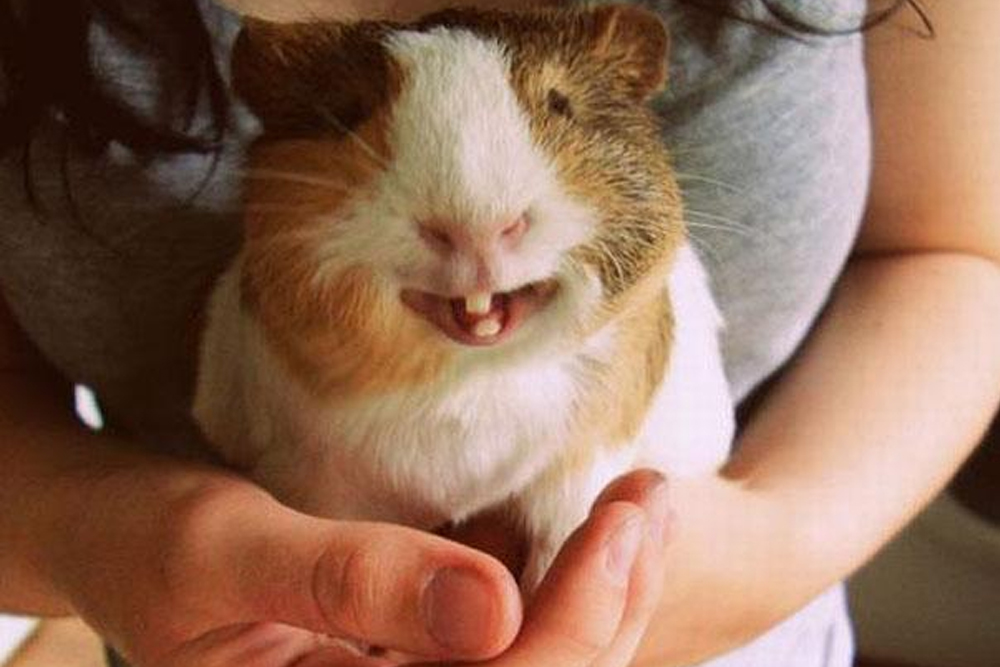Happy 2015 from everyone here at Fulham Dental Centre! How are your New Year’s resolutions going? It’s hard to break old habits or make new ones, which is what resolutions are all about. But if we can all just stick to one new habit, let’s choose not to be so hard on ourselves.
Why we’re bad at New Year’s resolutions
Most resolutions fail because they’re just too difficult. Getting fit is a prime example. Vowing to get up early for a five-mile run three times a week seems perfectly do-able from the comfort of your armchair. It’s a totally different story at 6am in the dark with rain thundering down outside.
Be nicer to yourself
So, instead of setting yourself up to fail, try making your goals easier to achieve. If you need to lose weight, try switching to smaller portions rather than cutting out your favourite foods altogether. If you’re out of shape, start small; getting into the habit of regular exercise is more important than the activity or intensity – do something you enjoy.
Most of all, remember you’re only human. We all fall off the wagon when we’re tired, fed up or tempted. The main thing is not to give up, and forgive yourself if you make a mistake. Accepting you’re not going to be perfect will help get back on track when you inevitably slip up.
Easy ways to a healthier you
If you want to be a better you this year, looking after your teeth and gums is a good place to start. Keeping on top of your oral health is good for your whole body, not just your mouth. And, a well cared for smile can make you look younger, more attractive, and more successful.
Here are two easy-to-keep resolutions that will make you healthier and keep you smiling in 2015:
1. Commit to keeping your teeth and gums clean
Brush your teeth twice a day for about two minutes with fluoride toothpaste. If you can do that, you’re well on your way to better dental health. It doesn’t matter if you use a manual or electric toothbrush so long as you cover all the visible surfaces of your teeth. Flossing at least three times a week will take care of the areas of your teeth that you can’t see.
2. Book your 2015 checkups – and stick to them
Get dental problems treated early and even prevent future treatment by getting your teeth checked. A check-up helps keep your mouth healthy and allows your dentist to look for signs of serious problems such as oral cancer.
We hope you find these practical tips useful. Whatever you have planned for 2015, we wish you every success, and look forward to seeing you in the practice soon.
















